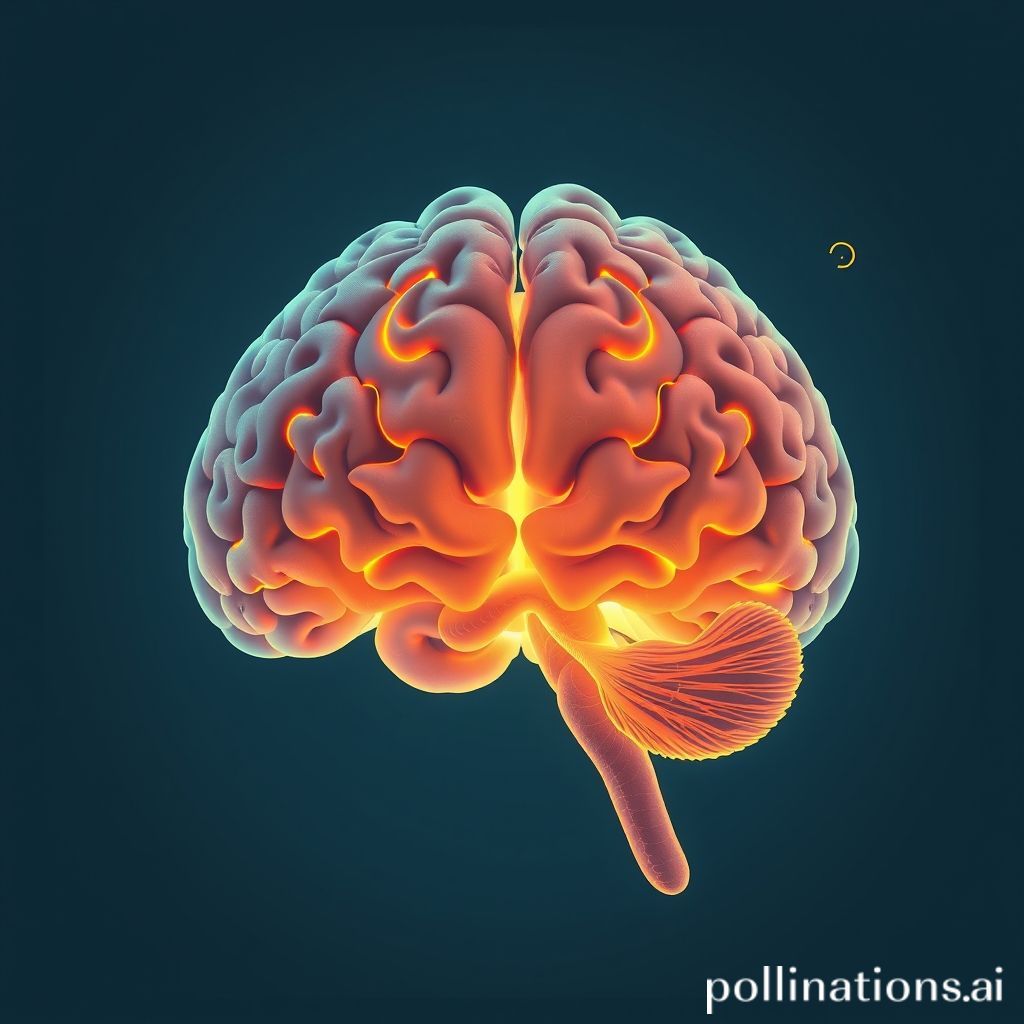
Sleep loss rewires the brain for cravings and weight gain – a neurologist explains the science behind the cycle
Sleep Loss Rewires the Brain for Cravings and Weight Gain: A Neurologist Explains the Science Behind the Cycle
Hey there! Ever noticed how after a terrible night's sleep, you're suddenly ravenous, especially for sugary and fatty foods? It's not just in your head. There's a powerful, scientifically-backed connection between sleep deprivation and your cravings that can significantly impact your weight. As a neurologist, I've seen firsthand how sleep impacts brain function, and the consequences of chronic sleep loss can be surprisingly detrimental. Let's explore how sleep loss rewires your brain, leading to cravings and weight gain.
The Sleep-Hormone Connection: Leptin and Ghrelin
Two key hormones play a crucial role in regulating appetite: leptin and ghrelin. Leptin, produced by fat cells, signals to the brain that you're full. Think of it as your body's "I'm satisfied" hormone. Ghrelin, on the other hand, is produced in the stomach and stimulates appetite. This is your "I'm hungry" hormone.
When you're well-rested, these hormones work in harmony. However, sleep deprivation throws this balance off kilter. Studies have shown that lack of sleep leads to decreased leptin levels and increased ghrelin levels. This hormonal shift creates a perfect storm, telling your brain that you're hungry even when you're not and reducing the feeling of fullness after eating.
The Brain's Reward System: Cravings Take Control
Sleep deprivation doesn't just affect leptin and ghrelin; it also impacts the brain's reward system. This system, primarily involving the neurotransmitter dopamine, is activated by pleasurable experiences like eating delicious food. When you're sleep-deprived, this reward system becomes hyperactive, making you more sensitive to the rewarding effects of food, especially those high in sugar, salt, and fat.
Imagine your brain's control center being a bit foggy after a sleepless night. This fog impairs your ability to make rational decisions about food. Your brain is now driven by the immediate reward of a sugary treat rather than long-term health goals.
Decision Making and Impulse Control: The Prefrontal Cortex Takes a Hit
The prefrontal cortex, located at the front of your brain, is responsible for higher-level cognitive functions like decision-making, impulse control, and planning. It's the part of your brain that helps you say "no" to that extra slice of cake. Sleep deprivation impairs the function of the prefrontal cortex, making it harder to resist cravings and make healthy food choices.
Essentially, sleep loss weakens your willpower, making you more likely to give in to those tempting, unhealthy foods. This is why you might find yourself reaching for that bag of chips after a sleepless night, even though you know you shouldn't.
Sleep Loss and Insulin Resistance: A Dangerous Cycle
Beyond hormone imbalances and altered brain function, sleep deprivation can also contribute to insulin resistance. Insulin is a hormone that helps glucose (sugar) from the blood enter cells for energy. When you become insulin resistant, your cells don't respond properly to insulin, leading to higher blood sugar levels. The body then produces even more insulin to compensate, which can eventually lead to type 2 diabetes.
Sleep deprivation has been linked to decreased insulin sensitivity, meaning your body needs to produce more insulin to regulate blood sugar levels. This can increase your risk of developing insulin resistance and weight gain, particularly around the abdomen.
Comparing the Effects of Sleep Deprivation
Here's a quick comparison of how sleep deprivation affects key hormones and brain regions:
| Factor | Well-Rested | Sleep Deprived |
| | | |
| Leptin | Normal levels | Decreased levels |
| Ghrelin | Normal levels | Increased levels |
| Reward System | Normal activity | Hyperactive |
| Prefrontal Cortex | Optimal Function | Impaired Function |
| Insulin Sensitivity| High | Low |
Practical Tips for Breaking the Cycle
So, how can you break free from this cycle of sleep loss, cravings, and weight gain? Here are a few strategies:
Prioritize Sleep: Aim for 7-9 hours of quality sleep each night.
Establish a Regular Sleep Schedule: Go to bed and wake up around the same time each day, even on weekends.
Create a Relaxing Bedtime Routine: Avoid screen time before bed, and try activities like reading or taking a warm bath.
Manage Stress: Practice stress-reducing techniques like meditation or yoga.
Make Healthy Food Choices: Focus on whole, unprocessed foods.
My Reflections
As a neurologist, I've come to deeply appreciate the power of sleep. It's not just about feeling rested; it's about optimizing brain function and overall health. I've personally experienced how a consistent sleep schedule can sharpen focus, improve mood, and reduce cravings. This is why I advocate for sleep as a foundational pillar of wellness. It's a simple yet powerful tool we all have access to, and the benefits are profound. By understanding the science behind sleep deprivation and its impact on cravings and weight gain, you can take control of your health and well-being.
Sources
Spiegel, K., Leproult, R., L'hermite-Bal riaux, M., Fedratovich, I., Berkhahn, M.,... Cauter, E. V. (2004). Impact of sleep debt on metabolic and endocrine function. The Lancet, 363*(9410), 854-862.
Greer, S. M., Goldstein, A. N., & Walker, M. P. (2013). The impact of sleep deprivation on food desire in the human brain. Nature Communications, 4*(1), 2259.
Schmid, S. M., Hallschmid, M., Jauch-Chara, K., Born, J., & Schultes, B. (2008). A single night of sleep deprivation increases insulin resistance in healthy men. The Journal of Clinical Endocrinology & Metabolism, 93*(5), 1553-1555.

0 Comments:
Post a Comment